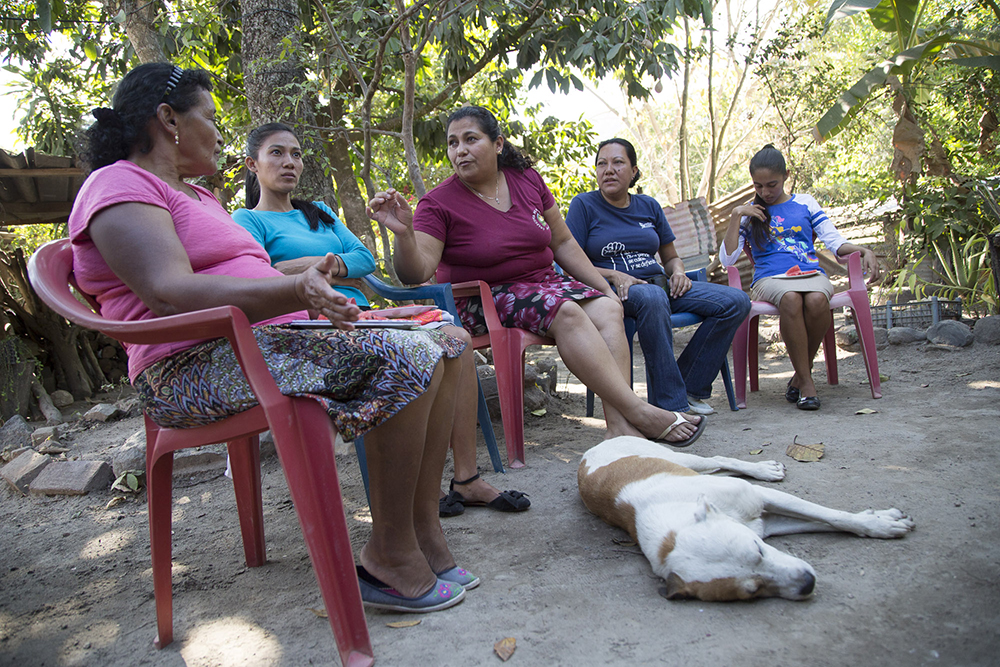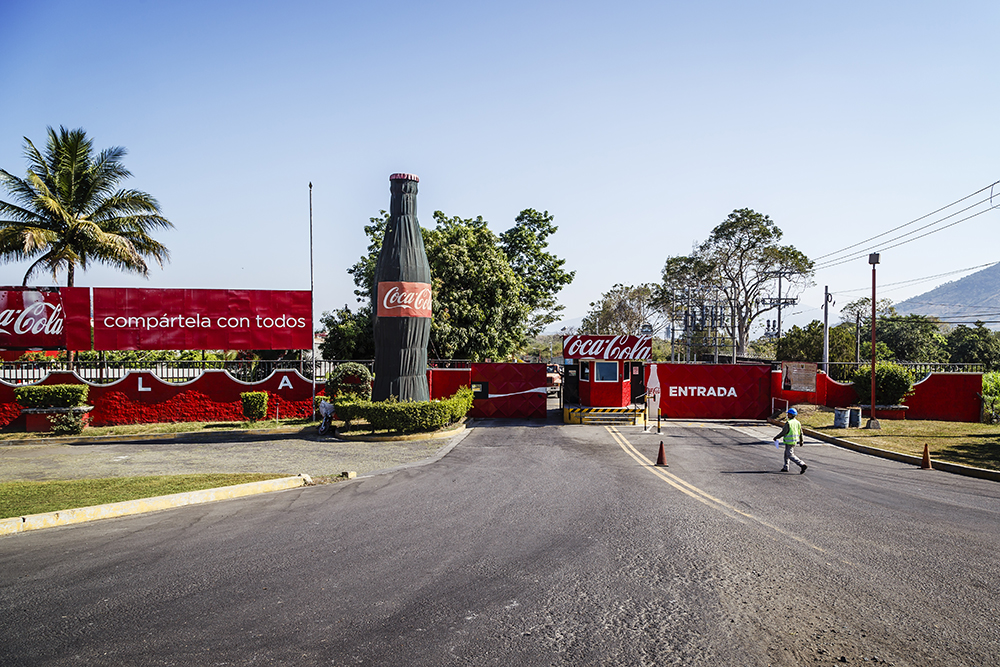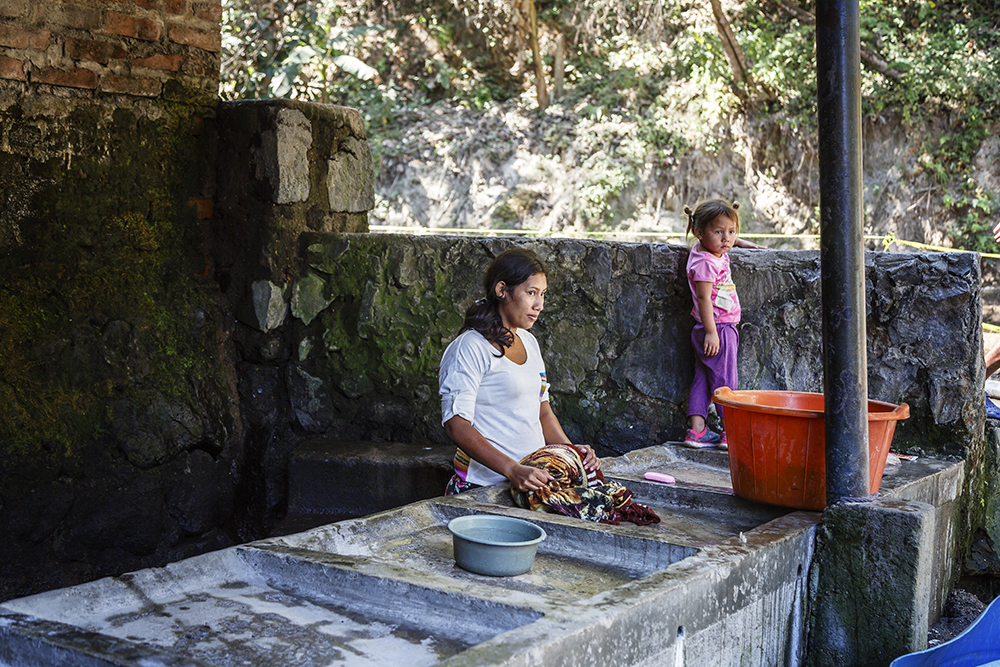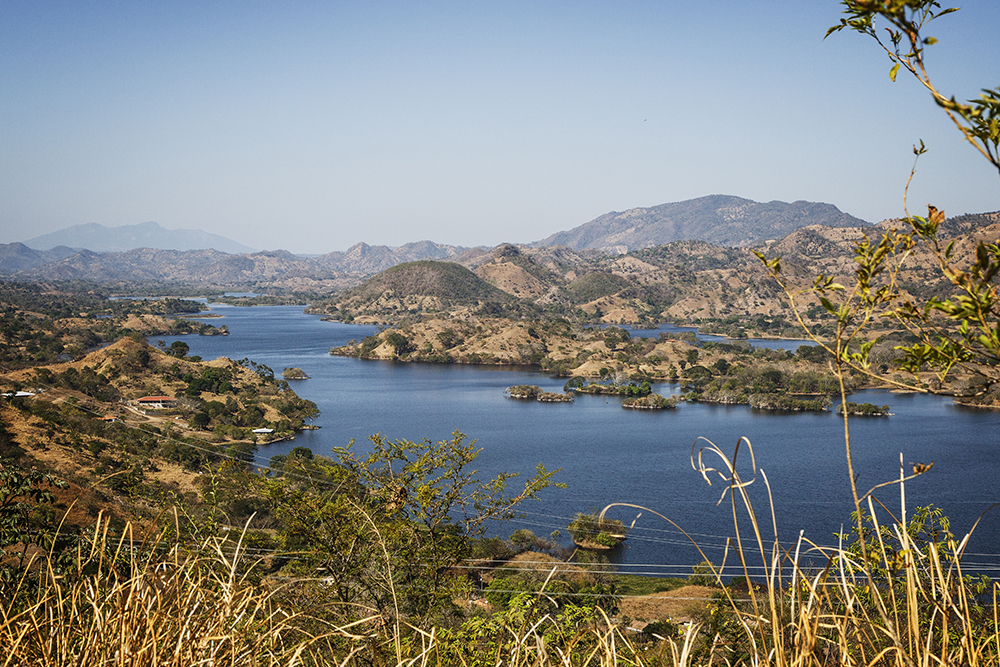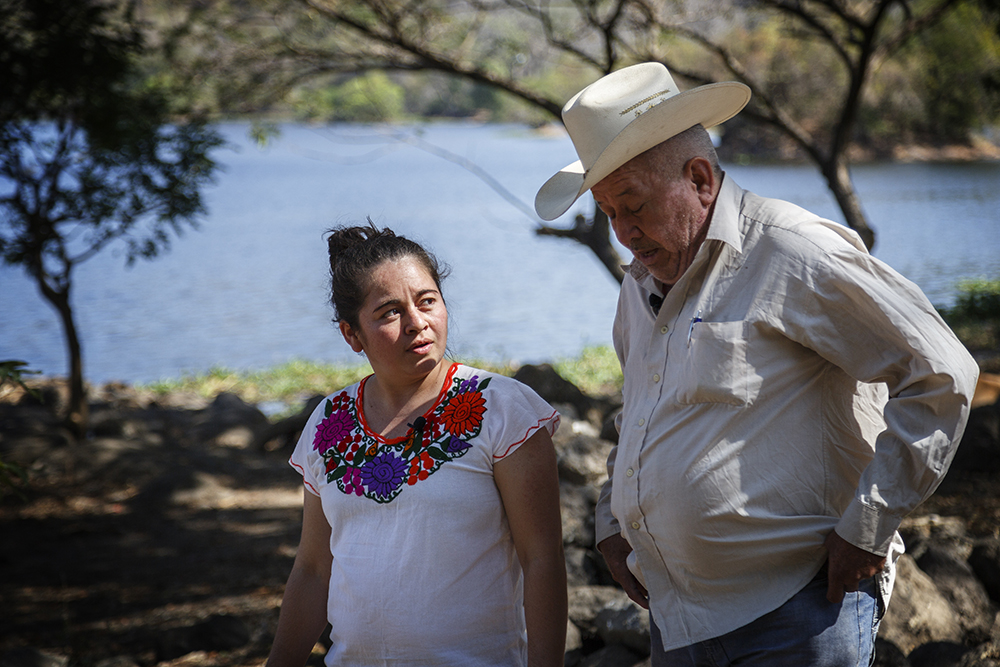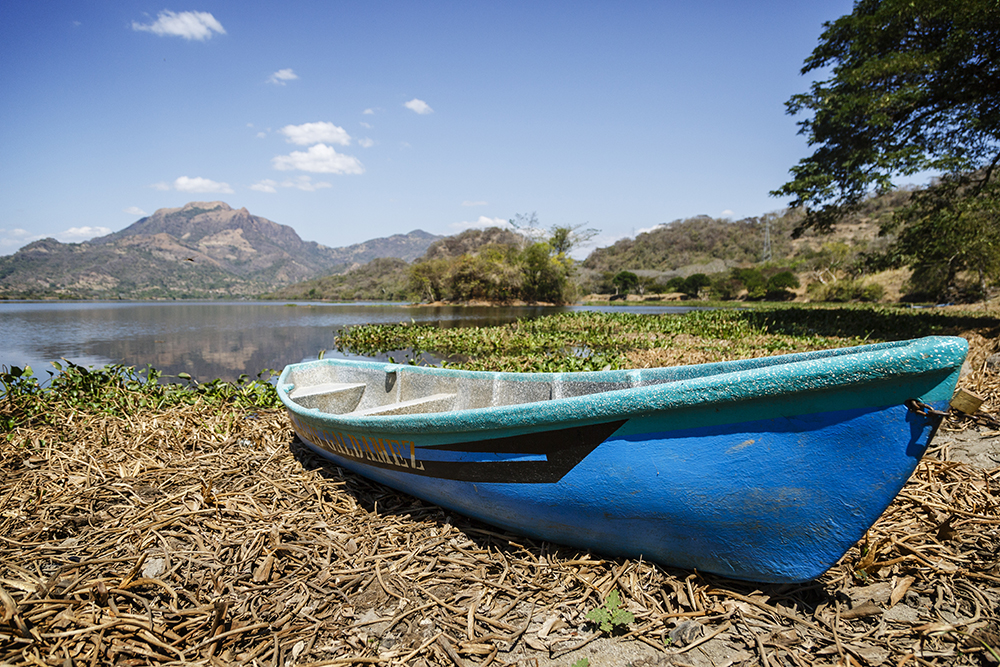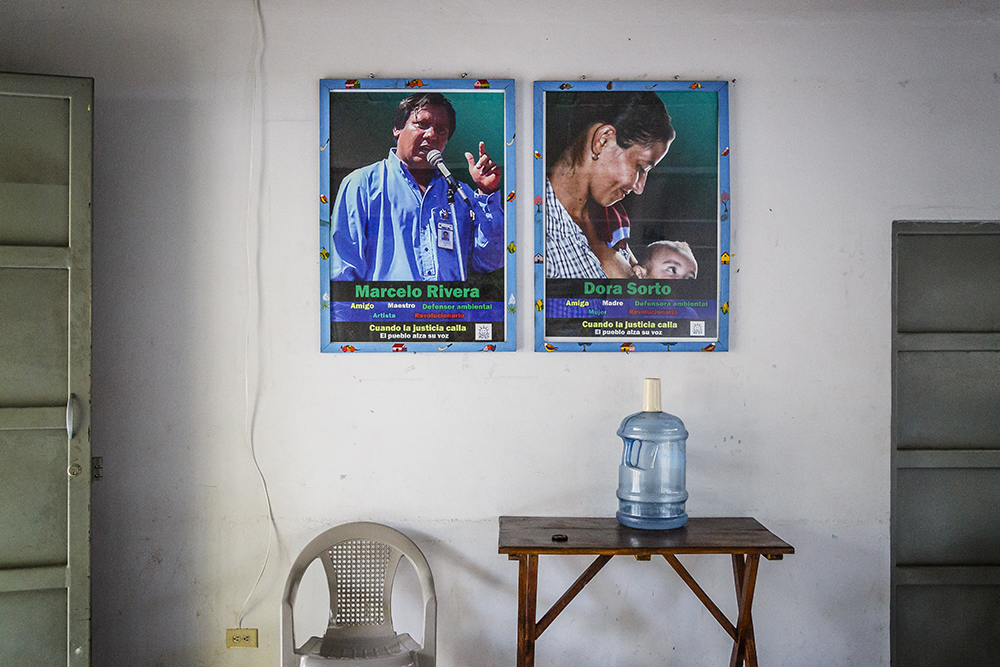Against this background, using a word of Nahuatl origin as a shared name is an act of resistance. The Kawoq women's group seeks to pay homage to the Mayan worldview, and the name evokes the "nahuals", or signs of the days. Specifically, it means growth, fertility, energy for both material and spiritual abundance: the energy that the rain brings to provide good harvests. For this feminist group, Kawoq underscores the efforts of nature, women, their ancestors and their community. It may seem like a symbolic act of rebellion, but in a country that this year alone has seen 120 feminicides and counting, raising your head and making your struggle public is not easy.
And even more so, when those who do so are rural women in an area like Apopa, known for the extensive presence and intense violence of Los Números, or the Barrio-18 and MS-13 gangs. For the women of Kawoq, however, the enemy is found further afield than the ranks of these tattooed teenagers: the real enemy to be overthrown is the globalized capitalist system that allows multinationals to take control of the land.
"We are women who have been abused, criminalized, and denigrated. As a result, women leaders cannot live in peace, it's a consequence of the fight for our rights", points out Sara García. She is a member of the feminist collective and has been involved in advocacy and activism for many years, particularly the defence of common resources from extractivism's grasp. García complains that, in El Salvador, financial assets are prioritized over the well-being of the population. "They sold us this idea that there would be development. Ultimately, people don't get that this development is for the benefit of corporations. It leads to the plunder of natural resources, to expropriation of land… and creates division among communities and community leaders”, she protests, not to mention the persecution and criminalization of people who defend their right of access to natural resources. Resources such as water.
